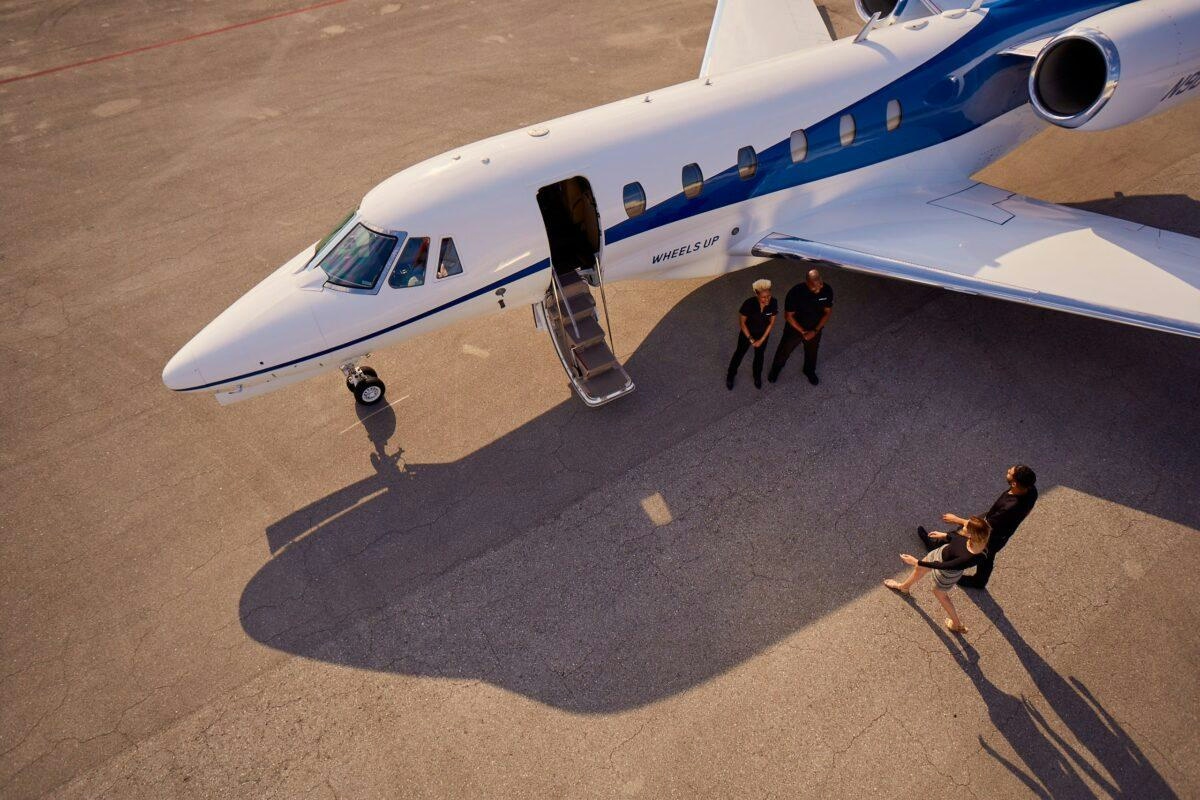AeroGenie — Your Intelligent Copilot.
Trending
Categories
Is business aviation being left behind in the sustainable fuel race?

Is Business Aviation Being Left Behind in the Sustainable Fuel Race?
As the aviation sector intensifies efforts to meet ambitious decarbonization targets, sustainable aviation fuel (SAF) has emerged as a pivotal element in reducing emissions. However, business aviation faces distinct challenges in securing reliable access to SAF, prompting concerns that it may be lagging behind commercial aviation in the transition to greener fuels.
Fragmented Ecosystem and Infrastructure Challenges
Business aviation operates within a highly fragmented ecosystem, which complicates the consistent supply of SAF. Unlike commercial airlines that benefit from centralized fuel procurement and dedicated airport infrastructure, business aircraft rely heavily on fixed-base operators and decentralized supply chains. This fragmentation is particularly pronounced at secondary and regional airports, where infrastructure limitations are more acute.
Smaller airports serving business aviation often lack the necessary facilities to support SAF distribution. According to C.R. Sincock, II, executive vice president of Avfuel Corporation, geographic and infrastructure constraints—such as limited access to blending terminals and truck racks—pose significant barriers. With only a few blending facilities currently operational, transporting SAF to these smaller hubs involves considerable economic and logistical difficulties.
Supply Chain and Market Dynamics
The SAF supply chain remains nascent compared to the mature infrastructure supporting traditional jet fuel. The predominant production method, the HEFA-SPK process, converts used cooking oils and animal fats into sustainable fuel. While production capacity is expanding, it still falls short of meeting the soaring demand driven by industry targets. For instance, the United States’ SAF Grand Challenge aims to produce 3 billion gallons annually by 2030, a goal mirrored by mandates in the UK and EU.
Business aviation also contends with broader industry pressures, including supply chain bottlenecks and infrastructure investment timelines that often lag behind rapid aircraft development. Rising crude oil prices and the persistent imbalance between SAF supply and demand contribute to elevated fuel costs. Additionally, regulatory pressures and downward revisions in production forecasts are increasing costs and slowing the pace of SAF expansion.
Competitive Disadvantages and Future Outlook
The competitive landscape further complicates access to SAF for business aviation. Major airlines frequently secure multi-year offtake agreements with SAF producers, prioritizing deliveries to large hub airports equipped with robust infrastructure and direct pipeline connections. In regulated markets such as the European Union, mandates and national policies tend to favor high-traffic airports within producing countries, often sidelining smaller business aviation centers.
Despite these challenges, the business aviation sector remains committed to sustainable growth through the development of a comprehensive ecosystem. Sincock expresses cautious optimism, noting that business aviation is unlikely to be priced out or deprioritized in the United States, given its proactive adoption of SAF. Notably, while business aviation accounts for approximately 4% of total jet fuel consumption, it represents over 10% of all SAF usage.
Looking forward, the global jet fuel market is expected to double by 2032, driven by advances in aircraft design and engineering. However, unless SAF production and distribution infrastructure can scale accordingly, business aviation risks being marginalized in the industry’s broader sustainable future.

Emirates Unveils Cabin Design for New Boeing 777X

Eighteen Years On, the Airbus A380 Remains Central to a $34 Billion Airline

How a boom in luxury airline seats is slowing down jet deliveries

Navitaire Outage Attributed to Planned Maintenance

DigiYatra Debuts Outside Aviation at India AI Impact Summit

Vietnam Orders Strengthen Boeing’s Commercial Outlook

Airbus Signals Uncertainty Over Future A400M Orders

JobsOhio Awards $2 Million Grant to Hartzell Propeller for Innovation Center

Collins Aerospace Tests Sidekick Autonomy Software on YFQ-42A for U.S. Air Force CCA Program

How the Airbus A350-1000 Compares to the Boeing 777
